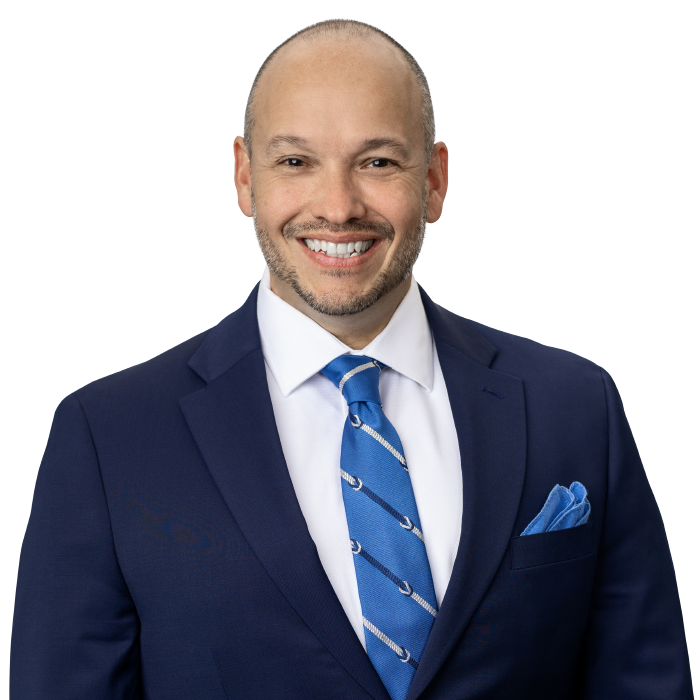
A District Attorney May Employ Outside Counsel on a Contingent Fee Basis
Ninth Circuit Opinion in Unfair Competition Suit Seeking Civil Penalties
The District Attorney of Trinity County filed a civil action under California’s Unfair Competition Law, alleging deceptive marketing and sales practices. The action sought an injunction, restitution, attorney fees and civil penalties against American Bankers Management Co., which offered services to holders of certain credit cards. Only a public prosecutor — a district attorney or a city attorney or city prosecutor under specified conditions or circumstances — may seek civil penalties under the UCL.
The District Attorney retained two private law firms to assist in the action and designated them as “Special Assistant District Attorneys” with the “authority and responsibility to control and direct the performance and details of their work,” but to work “under the direction of the District Attorney.” The District Attorney retained sole and final authority over all aspects of the litigation, including settlement. The law firms were to bear their own costs subject to reimbursement from any recovery, and an additional 30 percent of any remaining civil penalties — the contingent fee. Absent a recovery, the law firms would not be compensated.
American Bankers challenged the contingent fee arrangement in a separate federal civil action. American Bankers alleged that the arrangement violated its due process rights to a fair proceeding because of the private law firms’ financial motive — compared with a public prosecutor’s motive to seek a just and fair result on behalf of the sovereign.
The U.S. Ninth Circuit Court of Appeals noted that it was the first federal circuit to take up the question. However, the court rejected the challenge based on its 1993 decision in United States ex rel. Kelly v. Boeing Company. In Kelly, the Ninth Circuit rejected a similar due process challenge to a private litigant prosecuting a whistle blower action under the federal False Claims Act through which the private plaintiff could collect a portion (normally 25 - 30 percent) of damages and civil penalties awarded. The rationale underlying the Kelly decision was that the plaintiffs did not “wield the [same] governmental powers” as a prosecutor or government attorney and, therefore, did not have the same duty to serve the public interest. The court found the same constraints existed with respect to the private law firms in the litigation by American Bankers because the private firms did not have the nearly limitless resources of the state and did not possess all the tools to investigate and prosecute available to the public prosecutor. (American Bankers Management, Inc. v. Heryford)
The employment of private attorneys on a contingent or fee-for-service basis to prosecute cases on behalf of the government normally conducted by government attorneys raises significant policy and due process issues, as this case illustrates. This decision sheds some light on these concerns, but certainly is not the final word on the issue.
If you have any questions about this decision or how it may impact your agency, please contact the author of this Legal Alert listed to the right in the firm’s Municipal Law practice group, or your BB&K attorney.
Please feel free to share this Legal Alert or subscribe by clicking here. Follow us on Facebook @BestBestKrieger and on Twitter @BBKlaw.
Disclaimer: BB&K Legal Alerts are not intended as legal advice. Additional facts or future developments may affect subjects contained herein. Seek the advice of an attorney before acting or relying upon any information in this communiqué.



